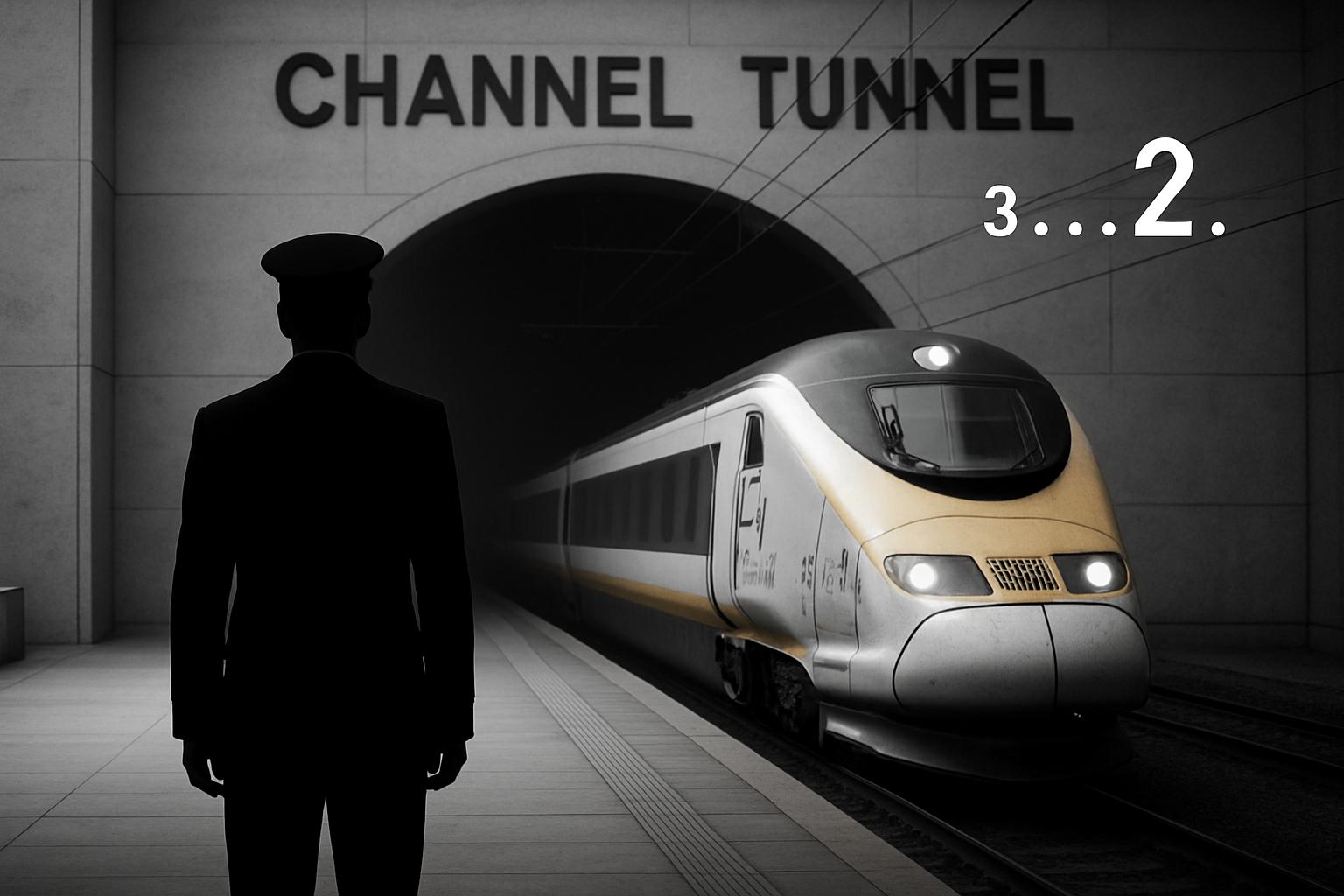Virgin Trains has secured a major breakthrough in its ambition to compete with Eurostar on passenger services through the Channel Tunnel. The Office of Rail and Road (ORR) has granted Virgin Trains access to the critical Temple Mills depot in east London, used for maintaining and storing trains. This approval was decisive in the company's ability to plan the launch of rival Channel Tunnel services, ending Eurostar's 30-year monopoly on this international rail route.
Virgin Trains, under the leadership of Sir Richard Branson, aims to commence operations by 2030. The company plans to operate services from London St Pancras to the same key Continental cities currently served by Eurostar—Paris, Brussels, and Amsterdam—with ambitions to expand further into France, Germany, and Switzerland. The company has emphasised its commitment to providing consumers with more choice and shaking up cross-Channel rail travel.
The ORR’s decision followed a competitive application process, in which Virgin Trains' proposal was judged more financially and operationally robust than those of rivals including Evolyn, Gemini Trains, Trenitalia, and even Eurostar itself, which sought access to Temple Mills for growth. The regulator highlighted Virgin’s clear evidence of investor backing and agreements in principle to secure the necessary new rolling stock, notably a deal with manufacturer Alstom to purchase 12 Avelia Stream trains.
Speaking about the ORR’s decision, Sir Richard Branson described it as the “right one for consumers,” signalling the end of three decades of monopoly and the introduction of “Virgin magic” to the cross-Channel route. He expressed confidence in replicating Virgin’s track record of challenging incumbents across transport sectors, including air and rail. The news was enthusiastically shared by Branson via Instagram, where he celebrated the opportunity to bring competition and adventure to Channel Tunnel rail services.
Industry and government officials also welcomed the move. Martin Jones, ORR’s deputy director for access and international, called the approval a boost for customer choice and international rail competition, potentially unlocking up to £700 million in private sector investment. Rail minister Lord Hendy described the development as “incredibly pleasing,” highlighting the benefits of greater passenger choice, better value, and improved connectivity. He also noted the government's plans to explore new depot capacity in the UK, supported by private investment, to meet future market demand.
Virgin Trains is also engaging with Kent County Council and other local stakeholders about potentially reopening international bases at Ebbsfleet International and Ashford International stations, both currently unused since Eurostar withdrew services during the Covid-19 pandemic. This could further enhance connectivity in the region if realised.
The Channel Tunnel itself operates at around 50% passenger capacity, despite also accommodating vehicle-carrying Le Shuttle trains between Folkestone and Calais. Virgin's entry promises to revitalise underutilised infrastructure and provide consumers with real alternatives on this key international route.
While the company still needs to secure additional regulatory approvals, covering aspects such as track access and safety, the ORR’s decision marks a pivotal step. It signals a forthcoming shake-up in the European international rail market, with potential benefits for travellers in terms of choice, service standards, and pricing.
📌 Reference Map:
- Paragraph 1 – [1] (Oxford Mail), [2] (Evening Standard)
- Paragraph 2 – [1] (Oxford Mail), [2] (Evening Standard)
- Paragraph 3 – [1] (Oxford Mail)
- Paragraph 4 – [1] (Oxford Mail)
- Paragraph 5 – [1] (Oxford Mail)
- Paragraph 6 – [1] (Oxford Mail)
- Paragraph 7 – [1] (Oxford Mail)
- Paragraph 8 – [1] (Oxford Mail)
Source: Noah Wire Services
